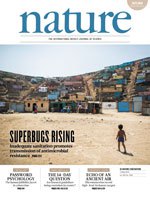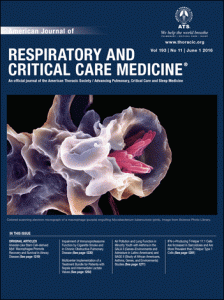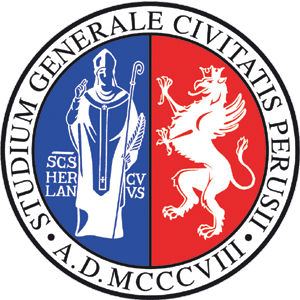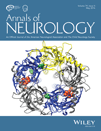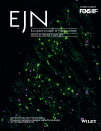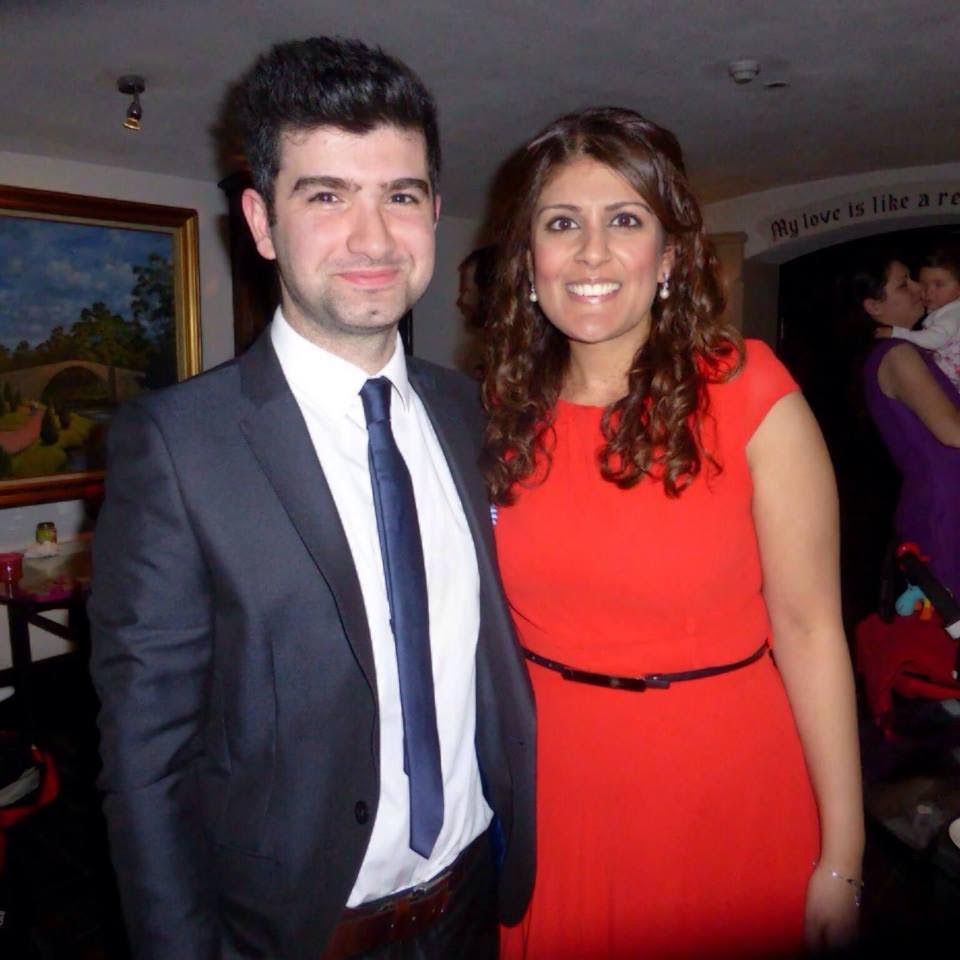
Can’t get enough of the personal and professional politics that dog a scientific career? On your off-hours, you can play a new game called Lab Wars, which lets players reenact the best – and the worst – parts of climbing the scientific career ladder. It was developed by two researchers — Caezar Al-Jassar, a structural biologist at the MRC Laboratory of Molecular Biology, and his partner Kuly Heer, a psychologist at the University of Hertfordshire – while they were on vacation together in Spain last year, according to The Scientist. The pair launched a Kickstarter campaign this week to raise money to manufacture and sell the game — and quickly met their funding goal, and then some.
Retraction Watch: You say the game — also featured this week in Nature — was inspired by author Michael Brooks. How? Continue reading Can misconduct be fun? A new game wants to find out

